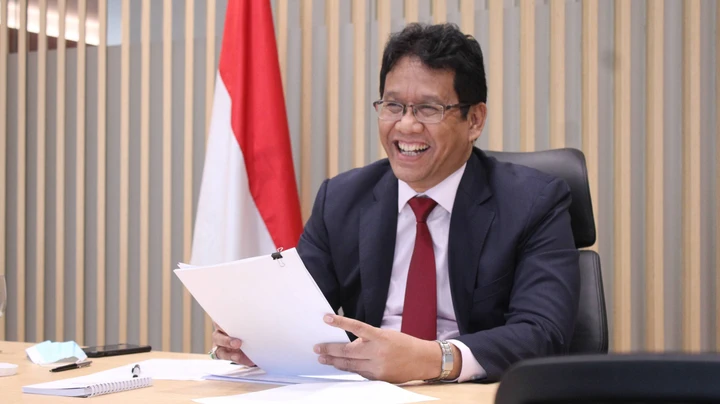Is Your Import Truly Legal? The Era of “Forwarders Handle Everything” Is Ending
The End of Blind Reliance on Forwarders
In recent years, many importers in Indonesia have felt secure by outsourcing all import matters to third parties — forwarders or logistics agents. “As long as the goods arrive,” they thought.
But after a strong statement from Finance Minister Purbaya Yudhi Sadewa in early October, that era may soon come to an end.
During his visit to Kudus, Purbaya gave a stern warning:
“It’s easy to seize the goods, but if the person is still free, he’ll just import illegally again.”
This message wasn’t just aimed at large-scale smugglers — it signals a paradigm shift in customs enforcement, from seizing goods to pursuing the people behind them.
In other words, customs will no longer only check containers — but also the names, tax IDs, and business licenses behind every import document.
The Hidden Problem: Many Don’t Realize Their Imports Are Potentially “Illegal”
For many business owners, illegal import means smuggling or document forgery. But the reality is often much subtler.
Many importers have no intention of breaking the law — they simply don’t understand customs details because everything is handled by a forwarder.
Common examples include:
-
Using incorrect HS Codes, resulting in lower duties than required.
-
Licenses (PI, SNI, NIK, API-U/P) that are outdated or mismatched.
-
Invoice values deliberately “adjusted” by third parties for smoother clearance.
-
Imported goods stored in non-bonded warehouses to avoid duties — unknowingly classified as illegal stockpiling.
-
Using bonded facilities (PLB, Bonded Zone, KITE) without meeting administrative requirements.
These practices may have gone unnoticed — until now. With Purbaya’s directive to pursue individuals, not just goods, even uninformed importers could face legal consequences.
Customs’ New Era: From Goods to People
Indonesia’s Customs Directorate (DJBC) is now adopting an identity-based enforcement model.
Its analytics system can trace who owns each importer ID (NIK), who controls the bank account, and patterns of suspicious shipments.
With direct orders to “catch the person, not just the goods,” anyone listed in import documents — even as a license holder or facility user — can be held legally accountable.
For importers who leave everything to forwarders without internal control, this risk grows exponentially.
Even if you’re not complicit, if your name appears on Certificates of Origin, Import Declarations, or supporting documents under investigation — legally, you are the importer.
Signs the Old Era Is Ending
For years, many forwarders relied on informal networks to speed up clearance. But now, customs officers have been instructed to act against both internal and external actors manipulating the import process.
Three signs of this major shift:
-
Random inspections at “green lines” — even for low-risk importers.
-
Cross-agency data integration (Tax Office, Customs, Banks, Trade Ministry) — making every transaction traceable.
-
Public reporting program “Lapor Pak Purbaya” — where citizens and businesses can directly report irregular customs practices.
In short: the era of “just make it work, fix it later” is over.
The Solution: Build Control Over Your Import Process
For importers who want to stay compliant and confident, the solution isn’t finding another forwarder — it’s building internal customs control systems that are transparent and auditable.
Start with these steps:
-
Conduct an internal audit — ensure HS Codes, Importer IDs, and facility licenses are correct.
-
Use official facilities like Bonded Logistics Centers (PLB) to legally defer import duties while maintaining compliance.
-
Implement digital tracking systems to monitor every shipment from arrival to duty payment.
-
Partner only with licensed, integrated logistics providers — not those promising “fast clearance” shortcuts.
Transcon Indonesia, through its Bonded Logistics Center (PLB) and Inventory Plug & Play system, helps importers maintain full control over goods and documents.
All activities are recorded in real time, simplifying audits and ensuring no unintentional violations occur.
Conclusion: Import with Awareness, Not Blind Trust
Minister Purbaya Yudhi Sadewa has sent a clear message:
The era of “forwarders handle everything” without oversight is over.
Now, it’s not just your goods being checked — it’s your name.
Before signing your next import document, ask yourself:
“Do I truly know the legal status of my imports?”
If you’re not sure, it’s time to consult professionals — not when Customs calls you in, but before that happens.
Schedule a free consultation with TCI today.
Ensure your import chain is fully legal — before Purbaya’s system ensures otherwise.
